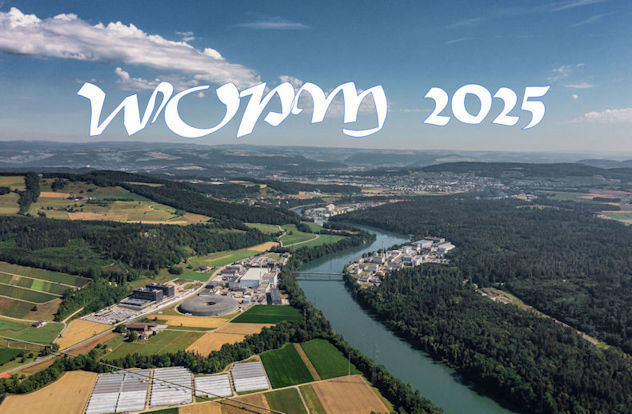Speaker
Description
Enhancing the interaction strength between light and atoms amplifies the Faraday rotation effect, thereby improving the measurement sensitivity of optical rotation detection. This work integrates a multi-reflection cavity into the vapor cell of the SERF co-magnetometer for the first time, increasing the interaction strength between light and atoms. We establish a model that accounts for light propagation in multiple directions, clarifying the impact of the sensitive-axis component on the output signal and improving the system's measurement accuracy. Subsequently, we propose a method for calculating the number of reflections within the cavity based on light absorption, which ensures the stable and effective operation of the multi-reflection cavity in the SERF co-magnetometer. Experimental results show that the Faraday rotation effect is enhanced by a factor of 13.6 compared to single-pass, which closely matches the designed 14 reflections, thereby verifying the accuracy of the response model and the reflection count measurement. This study provides a pathway toward improving the sensitivity of SERF co-magnetometers and supports further exploration of applications in fundamental physics.[Phys. Rev. Lett. 130 . 063201(2023),Commun. Phys. 7. 226(2024)]


